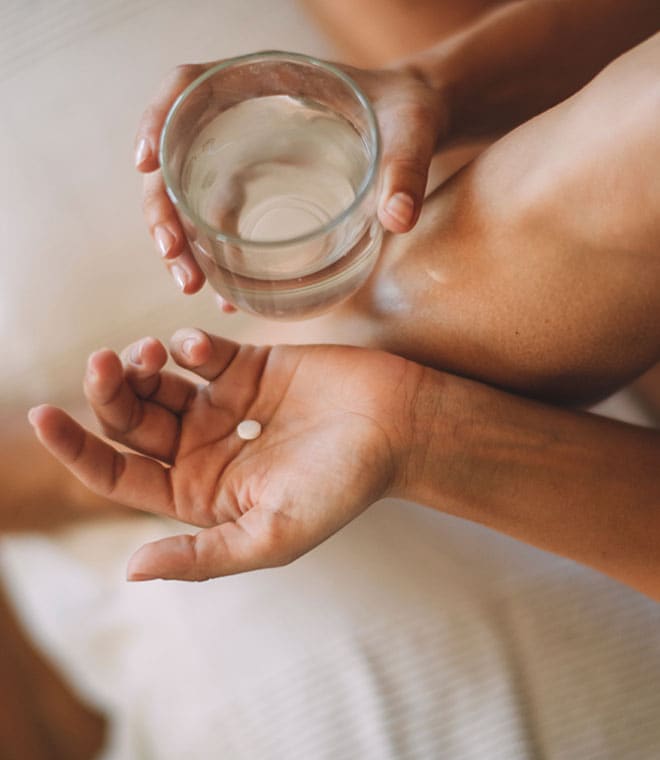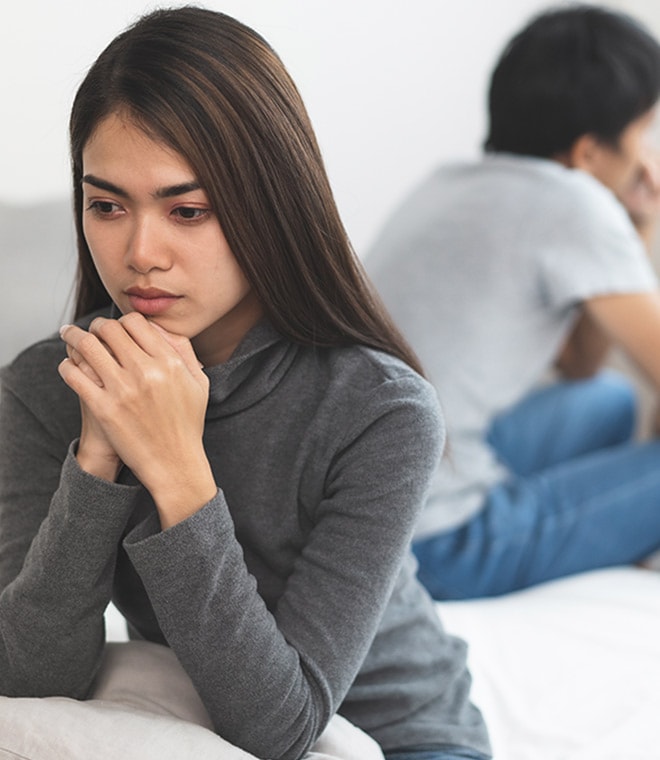Health
Yeast infection after sex: Causes, prevention and treatment
By Patricia Ann Convery, MD, Fellow, American College of Obstetrics and Gynecology Jul 22, 2024 • 4 min
Approximately three in four women will develop at least one vaginal yeast infection in their lives. There are many causes of these infections, which can lead to questions about whether sexual activity may play a role in vaginal yeast infections.
How do you get yeast infections?
Yeast infections happen due to an overgrowth of a kind of yeast (fungus) called Candida albicans. This fungus is also a common cause of oral thrush infections.
Several factors can lead to an overgrowth of yeast in the vagina, including:
- Antibiotics
- Hormone replacement therapy (HRT)
- Impaired immune system
- Medications that suppress the immune system
- Oral contraceptives
- Pregnancy
- Uncontrolled diabetes
Can intercourse cause a yeast infection?
It is possible to develop a vaginal yeast infection after intercourse with someone who has a yeast infection. However, yeast infections aren’t considered sexually transmitted infections (STIs) because they can have other causes as well.
Some ways that a vaginal yeast infection may spread during sexual activity include:
- Having vaginal or anal intercourse with someone who has a yeast infection
- Receiving oral sex from someone with oral thrush
- Sharing sex toys with someone who has a yeast infection
Flavored condoms and lubricants may also increase the risk of yeast infections. These products usually contain glucose, which can feed yeast in the vagina and encourage overgrowth.
Can I get a yeast infection from a man?
Yeast infections of the penis can happen, so it is possible to get a yeast infection from a man. However, men are much less likely to develop genital yeast infections than women.
How do I treat a yeast infection caused by sex?
Regardless of the cause, most yeast infections are treatable with over-the-counter antifungal medications, such as miconazole. This medication comes in cream and vaginal suppository forms.
In some cases, healthcare providers prescribe stronger topical antifungal medications or oral medications for vaginal yeast infection treatment. If you develop a vaginal yeast infection, discuss treatment options with your healthcare provider.
Can I have intercourse with a yeast infection?
Having intercourse during a vaginal yeast infection may lead to irritation and worsen symptoms. There is also a risk of spreading a yeast infection to your partner. As a result, your healthcare provider may advise that you abstain from intercourse until your symptoms resolve.
How can I prevent a yeast infection?
Because yeast infections can occur for many reasons, it may not be completely possible to prevent them. However, you can reduce the risk of developing a vaginal yeast infection by:
- Avoiding the use of douches, feminine deodorant sprays, scented pads and tampons
- Opting for breathable cotton underwear
- Wearing loose-fitting clothing
- Avoiding very hot baths and soaking in hot tubs
- Changing out of wet clothing after swimming or exercising as soon as possible
- Using unflavored, water-based lubricants as needed during sex
- Using unflavored condoms during vaginal and anal sex
- Using dental dams or condoms during oral sex
- Taking antibiotics only when prescribed by a healthcare provider
- Following your treatment plan if you have diabetes
Published July 2024.
Sources:
- https://u.osu.edu/studentwellnesscenter/2021/02/10/condoms-so-many-choices-so-little-time/
- https://www.mayoclinic.org/diseases-conditions/oral-thrush/symptoms-causes/syc-20353533
- https://www.mayoclinic.org/diseases-conditions/vaginitis/expert-answers/vaginal-infection/faq-20058120
- https://healthyhorns.utexas.edu/hs_lube.html
- https://www.cdc.gov/fungal/diseases/candidiasis/genital/index.html
- https://my.clevelandclinic.org/health/diseases/5019-vaginal-yeast-infection
- https://www.womenshealth.gov/a-z-topics/vaginal-yeast-infections
- https://www.mayoclinic.org/diseases-conditions/yeast-infection/symptoms-causes/syc-20378999



